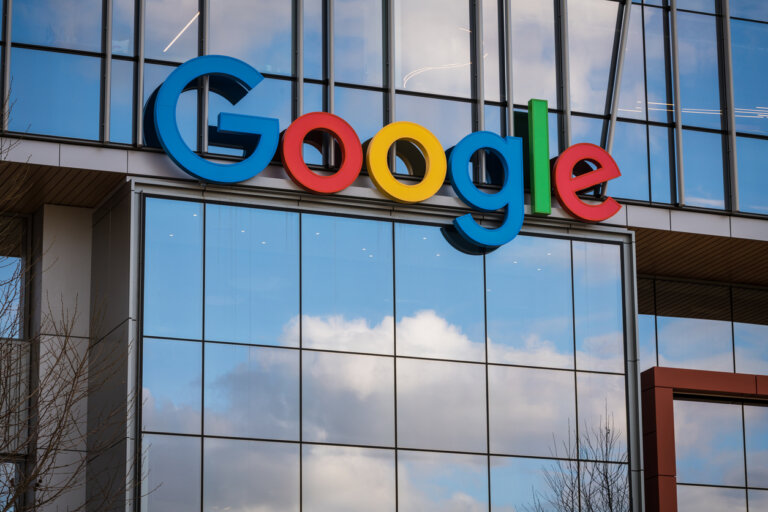The U.S. Department of Justice (“DOJ”) and State Attorneys General have launched antitrust lawsuits against Google LLC (“Google”), in essence alleging that Google has unlawfully maintained its monopoly power through exclusionary practices, such as in the markets for online search and search advertising, digital advertising, and the “ad tech stack.”
Alleged exclusionary practices forming the anticompetitive conduct components of such actions include the following, without limitation: acquiring competitors; tying; forcing the adoption of Google’s tools; distorting auction competition; manipulating auctions; and foreclosing rivals in anticompetitive means. Despite Google’s efforts to dismiss these cases, federal judges have allowed key portions to proceed.
DOJ’s Antitrust Lawsuit Against Google
The DOJ, along with several states, including, without limitation, Virginia, California, Colorado, Connecticut, New Jersey, New York, Rhode Island, and Tennessee, filed an antitrust lawsuit against Google in January 2023 in the U.S. District Court for the Eastern District of Virginia, United States of America, et. al, v. Google LLC, No. 1:23-cv-00108 (LMB/JFA) (E.D. Va.). The allegations focus on Google’s alleged monopoly power in the ad tech industry and exclusionary practices that allegedly cause anticompetitive results that outweigh purported procompetitive justifications.
The theory of the lawsuit includes allegations of Google having engaged in anticompetitive behavior by corrupting competition in the ad tech market. The allegations include that Google systematically seized control of tools used by publishers, advertisers, and brokers to facilitate digital advertising.
In April 2023, the Honorable Judge Leonie Brinkema sustained the allegations, denying Google’s motion to dismiss, holding that the lawsuit can go forward. Part of Google’s argument was that the government’s definition of the relevant markets at issue was too narrow and did not include purported substitutes, such as other advertising platforms (for example, Facebook and TikTok). But Judge Brinkema found that although the question of how to define the relevant markets at issue would be a key issue, at the preliminary stage, the government’s allegations are plausible for the case to move forward.
The court could order measures to promote competition, if it finds that Google violated and continues to violate antitrust and unfair competition laws, such as requiring the company to divest certain assets or change its business practices. The outcome of this case could have significant implications for the online advertising industry and the power of tech giants.
Texas and Other States’ Antitrust Lawsuit Against Alphabet
Texas and other states’ antitrust lawsuit against Google (The State of Texas, et. al, v. Google LLC, No. 4:20-cv-00957-SDJ (E.D. Tx.)), initially filed in the U.S. District Court for the Eastern District of Texas, was transferred to a federal court in New York at Google’s request. However, in June 2023, the U.S. Judicial Panel on Multidistrict Litigation (“JPML”) ordered that the case be returned to the federal court in Texas. The following was stated in the order, signed by the JPML chair, the Honorable Judge Karen Caldwell: “On its face, the Venue Act plainly is intended to allow state antitrust actions to proceed in the action’s original forum.” Google moved to stay the decision in June 2023, pending appeal, arguing that the JPML erred in its analysis.
In essence, the theory of the lawsuit is that Google violated antitrust laws by acquiring or maintaining a monopoly in various aspects of the ad tech market through exclusionary practices. Part of the allegations include Google having engaged in illegal tying arrangements that forced publishers to use additional Google tools. The complaint references Google’s acquisition of DoubleClick in 2008, which allegedly enabled Google to expand its market power and help extract anticompetitive payments from players in different stages of the online ad-buying process.
The states, including, without limitation, Alaska, Arkansas, Idaho, Indiana, Kentucky, Mississippi, Missouri, North Dakota, South Dakota, and Utah, are seeking billions of dollars in monetary relief and are asking the court to break up parts of Google’s alleged empire. If successful, this could result in significant changes to Google’s business structure and practices throughout the digital advertising market.
Key Takeaways
The outcomes of these lawsuits will have significant implications for Google’s future operations and the government’s ability to regulate big technology companies. Whether the courts will rule in favor of the government and enforce stricter regulations on Google remains to be seen. To get a better understanding of the complex and cutting-edge intersection between the antitrust laws and the digital economy that we live in today, especially the application of antitrust laws to powerful digital marketplaces and platforms, work with an experienced antitrust attorney.

